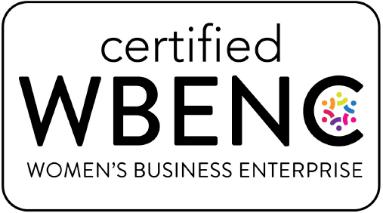Computer, Internet & Software
Nothing is changing faster in intellectual property law than the law surrounding computer, internet, and software technology. At Peacock Law our subject-matter experts strategize the best approach to protect our client’s business and innovation to keep up with the changing legal landscape, be it through branding and registering enforceable trademarks for apps, maintaining software code as a trade secret, or patenting novel aspects of a computer, internet or software based system.
The Legal Challenges
Internet and software related inventions are difficult to patent and issued patents in the internet and software field are often invalidated by courts, in part because courts and the U.S. Patent and Trademark Office consider many inventions in that field too abstract to be patentable. In light of this patent hostile legal environment, experience and expertise matters in order to draft valid patent claims, or to consider other intellectual property strategies that may be of more value than a questionably invalid patent, for example, maintaining software innovations as a trade secret or copyrighting the code itself. At Peacock Law our attorneys stay on top of the rapidly changing legal environment related to computer, internet, and software inventions so that the value of your intellectual property can be maintained.
Software Applications
There is an app for everything now. And there is a start-up in every neighborhood working hard to create the next most popular mobile app. But an app is only as valuable as its users can recognize and find it. For this reason, trademarks are particularly valuable to app-based companies. Choosing the right app name and symbols is life or death for app-based companies. The name and symbol should be enforceable as a trademark, should avoid infringing other names, should comply with name rules of online app vendors, and trademark registration should be sought. These are decisions and procedures that should be made with an expert’s advice. The attorneys at Peacock Law regularly lead software companies through these make-or-break decisions.
Domain Registration
Nearly every business has some sort of online presence. In many cases, this presence centers on a website. Each website is identified by a unique domain URL. Top-level domain (TLD) suffixes include .com, .net, .org and .edu. Foreign countries also have unique domain suffixes, for example, .ca for Canada and .fr for France. To ensure that domains are unique, they must be registered with a registrar authorized by the Internet Committee for Assigned Names and Numbers (ICANN).
Cybersquatting involves registering a similar domain with a same or different TLD suffix, while typosquatting is the deliberate misspelling of a domain. Cybersquatting and typosquatting are intended to dilute the online presence of a legitimate domain holder by creating confusion. Peacock Law helps protect clients against these and other domain disputes through several strategies, including registration of similar domains and submitting trademark applications simultaneously with domain registration.
Licensing, Royalties & Piracy
One of the perks associated with possessing ownership of intellectual property is the ability to license rights to third parties in exchange for royalty payments. Peacock Law drafts licensing agreements and distribution agreements for its clients to help them maximize the potential profitability of their intellectual property. However, piracy represents a major threat to the value of licensing. We help protect our clients against piracy by providing them with copyright, trademark, and patent protection, as well as the means to enforce their rights.
The subject-matter experts at Peacock Law understand the nuances of reverse engineering, “look and feel,” open source, mobile technology, and other aspects of computer, internet, and software technology, along with possessing extensive experience with the law. As a full-service IP law firm, we work with our clients at every phase of the process – from conception, to registration, to enforcement.



